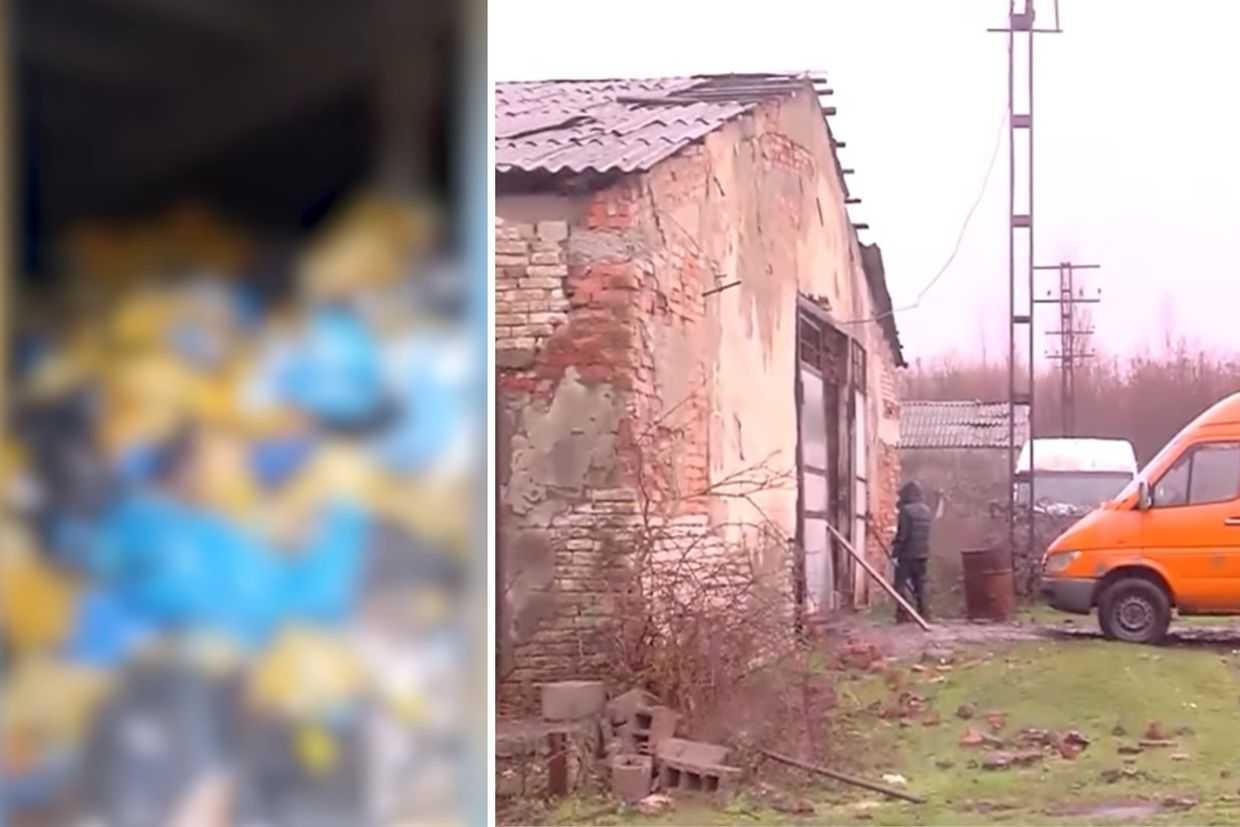Human Rights Watch representative claims Georgian Dream is trying to cause a human rights crisis

Rachel Denber, the Deputy Director, Europe and Central Asia division at Human Rights Watch (HRW), has said that the ruling Georgian Dream party is trying to cause a human rights crisis in the country.
On Saturday, during an interview with VOA, Denber spoke about the events, demonstrations, detentions, and legislative changes that have taken place in Georgia over the past year, including the adoption of the controversial foreign agent law.
According to Denber, such actions by the government constitute a pillar in the construction of autocracy.
Last week, Georgia’s parliament approved amendments which increased and tightened administrative penalties for protesters, including increasing the term of administrative detention from 15 to 60 days.

Human rights activists in Georgia have suggested that more than 400 people could have been detained during pro-EU demonstrations against the government in November and December — a large number of whom claim that they were subjected to physical or psychological abuse by law enforcement officers.
Georgians throughout the country have been protesting for more than 70 days against the government’s policies and the announcement the ruling party would halt the country’s EU accession process. The political crisis followed October’s parliamentary elections, which according to official results, gave Georgian Dream a large majority, with 54% of the vote.
According to Denber, the recent changes made by Georgian Dream are indiscriminate and arbitrary, and were enacted as part of a path the party is taking to preemptively restrict and suppress any dissent and limit public action.
She said HRW has recorded cases of police violence against demonstrators and civil or political activists, which they began documenting in early spring 2024, when Georgia was shaken by the protests against the foreign agent law.
Based on the nature of these attacks, which took place not only at protests, but also near the houses of demonstrators or on the streets, Denver suggested it was clear such attacks were coordinated and that it was also easy to see that the attackers were not acting on their own initiative and were taking orders from others. However, she did not clearly say who was responsible for giving such orders.
Denber further stated that HRW had contacted the Georgian Prosecutor’s Office, asking what specific steps they were taking to investigate various attacks on demonstrators, activists, journalists, and political activists. She emphasised that they received an unsatisfactory response, though she did not specify how the Prosecutor’s Office had responded.
According to Denber, the government wanted to have extreme control over the NGO sector, which she noted provides a lot of services to the Georgian population.
In spring of 2024, hundreds of thousands attended the protests, which law enforcement officers responded to with tear gas, pepper spray, physical force, and frequent detentions.

Denber told VOA on Saturday that HRW had also documented violence against demonstrators by riot police officers during demonstrations, which she said is unjustified.
She suggested that the Georgian government is on a path to try to preemptively limit and suppress any dissenting opinion, as well as preventing public action. She also suggested that the government is creating resistance and constantly escalating the situation in order to then suppress all oppositional voices.
Denber also commented on Batumelebi and Netgazeti founder Mzia Amaghlobeli’s detention, saying that it said a lot about the government’s policy, when on the one hand there are a lot of people beaten by the police, which have not been investigated, and on the other hand, there is the case of Amaghlobeli against whom, she said, all the efforts of the law enforcement agencies are mobilised.
On 11 January, Amaghlobeli was detained on charges of slapping Batumi Police Chief Irakli Dgebuadze, which the Prosecutor’s Office considered an ‘attack on a police officer’ — a criminal offence which carries a prison sentence of four to seven years.
Amaghlobeli has been on a hunger strike since 14 January.











